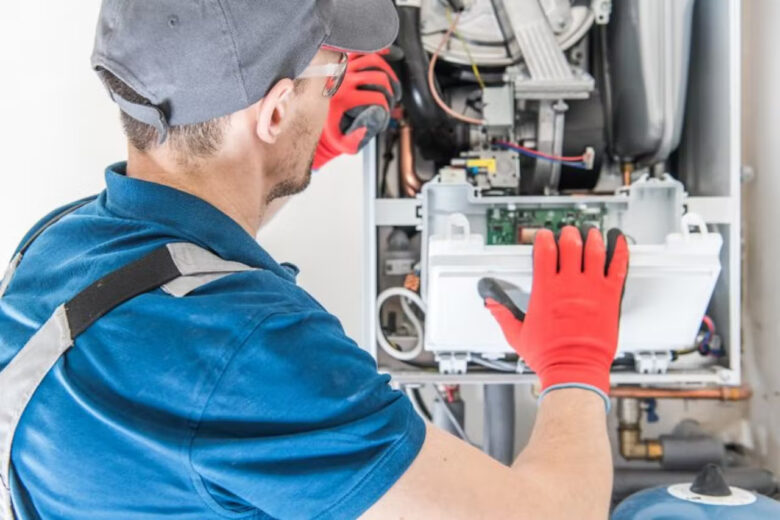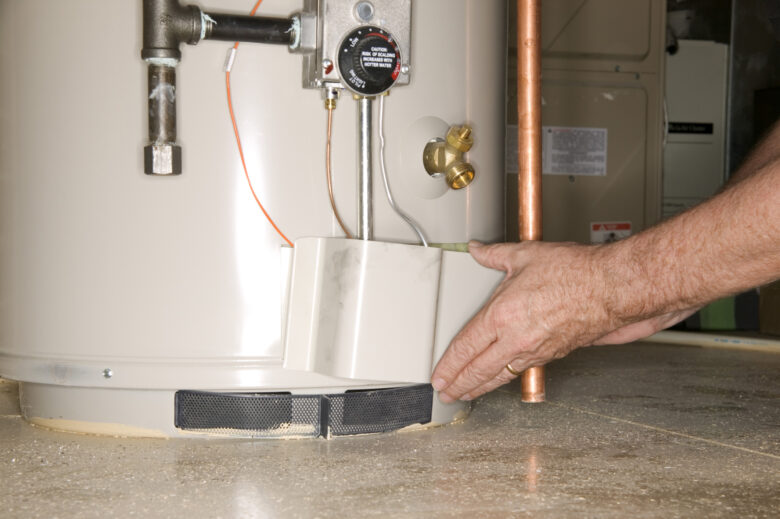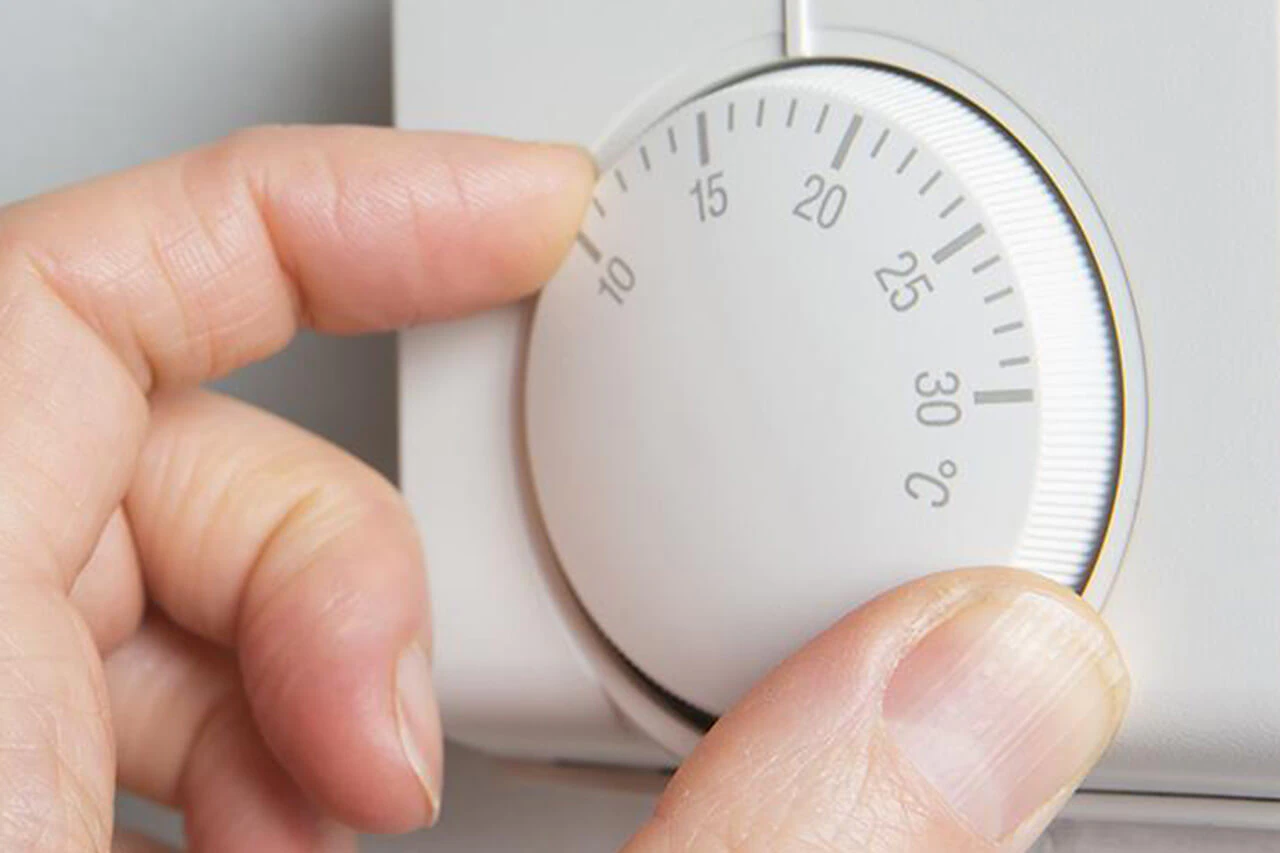The boiler is an essential piece of equipment in any home and it will work hard to provide you with hot water, warmth, and a quiet environment. If something goes wrong with your boiler, how do you know how to fix it? You might be able to look up tips online or contact the manufacturer for help but if that doesn’t help, you might need a professional. Enter the plumber! It’s always best to leave these things to professionals, to avoid any dangerous situations like an explosion or burns.
Contents
What are the most common issues?
-Leakage: A boiler might leak water, gas, or oil, which can cause an explosion and potentially serious injury. Find and fix any leaks quickly to avoid potential damage.
-No heat: If your boiler doesn’t seem to be heating up the water, there might be a problem with the gas or steam lines. Check to see if there’s something blocking the flow of gas or steam, and fix it if necessary.
-Faulty thermostat: If your boiler is not heating up despite checking all the above factors, it might be because of a faulty thermostat. Change the thermostat if necessary and make sure you have installed it correctly.

Source: hss.com
How to know something’s wrong
If you are noticing that your boiler is not heating up as it should be, or if you notice any strange noises coming from the machine, it may be time to take it in for repair. A faulty boiler can cause huge problems for your home, so it is important to find out if there is something wrong before it becomes too big of a problem. There are a few things you can do to check if your boiler is faulty:
1) Check the water pressure. If the water pressure in your home is low, this could be an indication that your boiler is not working properly. In order to check the water pressure, you will need to get a propane or electric meter and measure how much pressure the meter puts out when you turn on the hot water faucet. If the pressure is low, this means that there may be something blocking the pipes from delivering enough water to your machine.
2) Check for leaks. If there are large amounts of water pouring out of your boiler every day, this might be an indication that there are small leaks in the system. Leaks can cause major damage over time and can even lead to a fire. To check for leaks, all you need to do is turn off all of the valves inside your machine and wait 10 minutes. If the levels of water decrease by at least 50%, then there may be a leak present and you will need to fix it as soon as possible.
3) Test heat output. If you have a standard boiler, you can check the output of heat by using a thermometer. Make sure that the boiler is at full power before you measure the temperature, and make sure that the room you are measuring is well-ventilated. The average boiler should be able to produce around 120 degrees Fahrenheit. If the output is lower than this, it may be an indication that there is something wrong with your machine.
4) Check for gas leaks. If you have a gas boiler, it is important to check for any gas leaks in order to ensure that there is no flame or hot air coming out of the machine. To do this, turn off all of the valves and wait 10 minutes. If there is no gas coming out during this time, then there might be a leak and you will need to fix it as soon as possible.

Source: essexboilerspecialists.co.uk
How long do these devices last?
Despite their popularity and widespread use, boilers can typically last between 10 and 15 years with proper maintenance. During this time, components may need replacement or repairs, but overall reliability is usually high.
Prevention tips for keeping your boiler running efficiently
-Make sure the water temperature stays consistent. Boilers work best when the water inside is at a consistent temperature. If the water constantly changes temperature, your boiler will not operate efficiently.
-Regularly inspect the boiler for any signs of wear and tear. This includes checking the water level, pressure gauge, insulation, flues, and chimneys. If anything appears to be amiss or if the boiler is not operating at its full potential, get it fixed as soon as possible!
-Replace filters regularly. Filters remove debris and impurities from the water before it enters your boiler – this helps keep it running smoothly and prevents scale build-up on heating equipment or pipes. Replacing filters every 4 months is typically recommended, but check with your manufacturer for specific guidelines related to your type of boiler.

Source: viessmann.co.uk
How to find a good repair service?
Make sure the service provider is licensed and insured. This will ensure that they are qualified to work on your boiler and that they are responsible if something goes wrong. Additionally, it is important to trust the contractor you choose. Do their reviews seem legitimate? Are they known for providing high-quality services? Get estimates from multiple service providers and compare prices. You want to find someone who can provide you with a good deal on your boiler replacement or repair.
Conclusion
If you’re ever having problems with your boiler, there are a few things you can do to determine if something is wrong. First, make sure the heat is turned on by checking the thermostat. If it’s not working, try another temperature switch. Next, turn off the water supply to the boiler and wait five minutes. If the water starts coming back on after five minutes, then it has likely been damaged and needs to be replaced. Finally, open up all of the faucets in your home (including those in bathrooms) and see if any water is flowing out freely. If so, then your boiler may be leaking and needs to be repaired or replaced as soon as possible.
